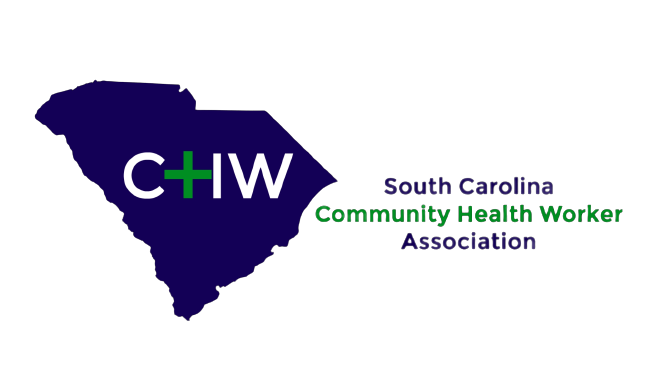It's Time to Prioritize CHWs: A Decade of Economic Evaluation Evidence Suggests CHWs are ....
It's Time to Prioritize CHWs: A Decade of Economic Evaluation Evidence Suggests CHWs are More Cost-Effective Than Alternatives
Posted: 23 Sep 2025
Community Health Impact Coalition
Community Health Impact Coalition
Community Health Impact Coalition
Community Health Impact Coalition
Community Health Impact Coalition
Community Health Impact Coalition
Financing Alliance for Health
Harvard University - Harvard Medical School
Financing Alliance for Health
Community Health Impact Coalition
Clinton Health Access Initiative
Partners in Health - Partners in Health (Mexico)
Muso
Genesis Analytics
Mount Sinai Health System - Arnhold Institute for Global Health; Community Health Impact Coalition
Date Written: September 19, 2025
Abstract
Governments in low- and middle-income countries face persistent pressure to expand quality health services within limited fiscal space. Hospitals alone cannot achieve universal health coverage, particularly for prevention and outreach. Community health workers (CHWs) bridge this gap: when trained, supervised, remunerated, and integrated, they improve outcomes, reduce inequities, and offer strong economic returns. To map the evidence, the Community Health Impact Coalition conducted five linked scoping reviews of 130 studies, yielding 380 cost-effectiveness scenarios across horizontal programmes: non-communicable diseases and mental health; reproductive, maternal, newborn and child health; HIV, tuberculosis, and malaria; and neglected tropical diseases. CHW interventions were cost-effective in most settings (78–93% for RMNCH; 81–85% for NCDs/mental health; 83–88% for HIV/TB/malaria). Integrated models—linking CHWs to facilities, using digital tools, or covering multiple conditions—consistently delivered greater value than single-disease approaches. However, affordability assessments were scarce (only 89 scenarios); fiscal context remains critical. Overall, a decade of data shows that CHWs are a proven, cost-effective platform for primary health care. Policymakers and funders should prioritise sustainable CHW financing and integration to advance universal health coverage.
To gain access to the full article, CLICK HERE
